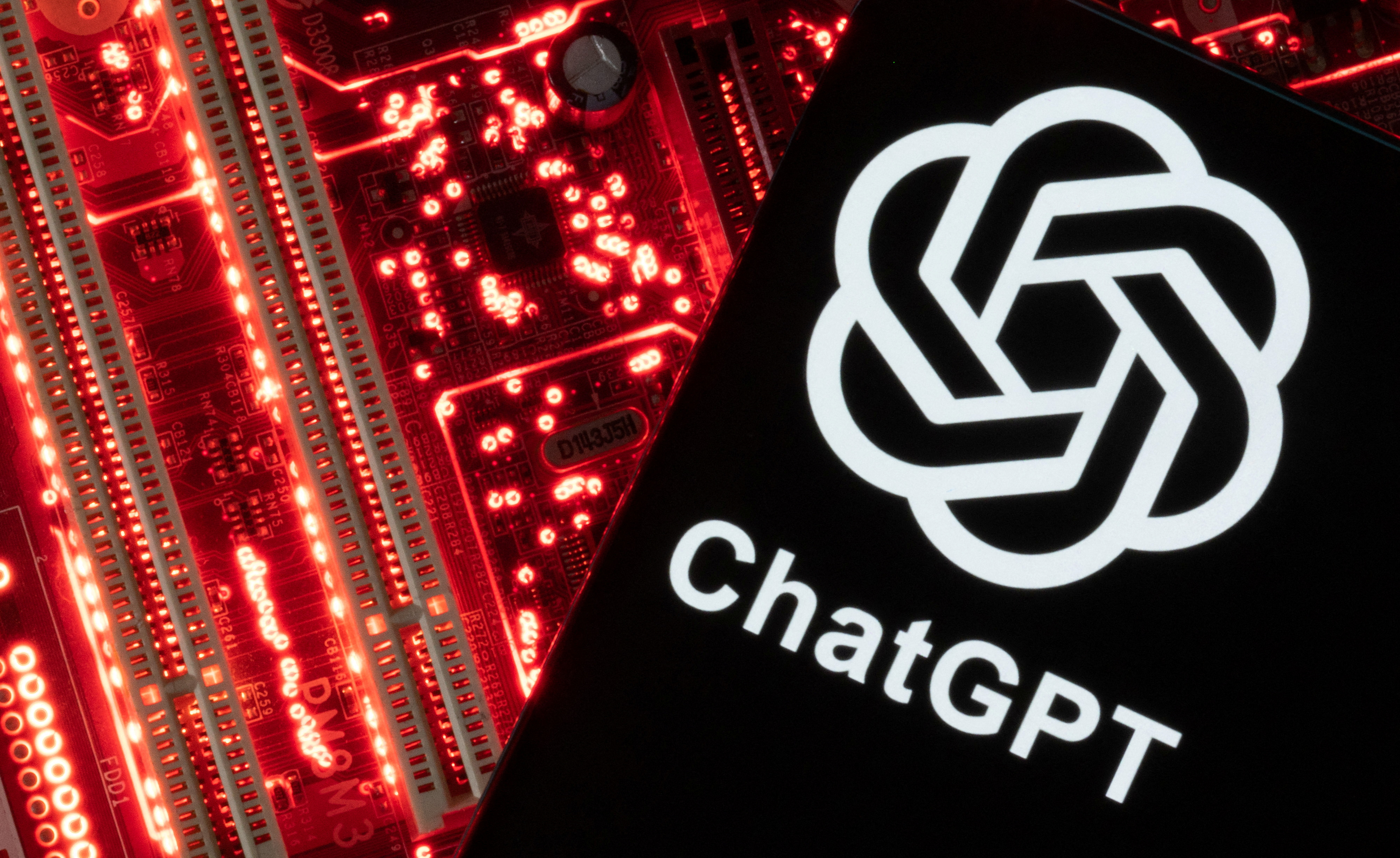The recent decision by Italy to temporarily ban ChatGPT has prompted other European countries to consider taking stricter measures to regulate the use of chatbots. There is also a discussion of coordinating such actions among member states.
Although there is disagreement among European parliamentarians regarding the content and scope of the EU AI Act, some regulators are finding that existing tools like the General Data Protection Regulation (GDPR) can be applied to generative AI companies. These regulations give users control over their personal information and can be used to address privacy concerns arising from the use of these technologies.
As the popularity of chatbots continues to grow, so do concerns over data privacy and security. European regulators are taking notice and exploring ways to ensure that these emerging technologies are developed and used responsibly, with the protection of individual privacy and security as a top priority.
OpenAI’s ChatGPT, a popular generative AI-based chatbot, has been temporarily banned in Italy. The Italian agency responsible for data protection, Garante, has accused Microsoft Corp-backed OpenAI of collecting and storing personal data without any legal basis. Garante also raised concerns about the absence of age verification for ChatGPT users.
The use of generative AI in chatbots has increased, with companies like OpenAI developing algorithms that analyze large volumes of data to generate human-like responses to text queries. However, as the use of these technologies continues to grow, concerns about data privacy and security have also increased.

The Deputy Prime Minister of Italy criticized the decision to ban ChatGPT
The ban on ChatGPT in Italy has attracted attention from privacy regulators in other European countries. Regulators in France and Ireland have reached out to their counterparts in Italy to learn more about the basis of the ban. The German commissioner for data protection has also indicated that Germany may follow Italy’s lead in blocking ChatGPT over concerns about data security.
The privacy regulator in Sweden has stated that it has no plans to ban ChatGPT and has not been in contact with the Italian watchdog. Spain’s regulator has also not received any complaints about ChatGPT but has not ruled out the possibility of an investigation in the future.
It is worth noting that Italy’s Garante, like other privacy regulators, is independent of the government and has been among the first to formally warn TikTok about breaching existing EU privacy rules.
While privacy commissioners push for more regulation, governments have taken a more lenient approach. For instance, Italy’s deputy prime minister criticized the regulator’s decision to ban ChatGPT, calling it excessive. Similarly, a German government spokesman stated that a ban on ChatGPT would not be necessary.
Italian investigation into Open AI was initiated after a cyber security breach
According to a source familiar with the matter, Italy’s authority’s decision to ban ChatGPT was aimed at initiating a dialogue with the company to address the issues raised over its compliance with EU data protection rules rather than banning the tool altogether.
OpenAI did not respond to regulators over the weekend, according to a source familiar with the matter. OpenAI also took ChatGPT offline in Italy as of last Friday. The company has not answered questions about other European regulators looking into potential violations in their countries. It’s worth noting that OpenAI has no offices in the European Union.
The Italian investigation into OpenAI was initiated after a cyber security breach last month that lasted for nine hours, which led to some users being shown excerpts of other users’ ChatGPT conversations and their financial information.
Italy is the first Western country to take action against AI-powered chatbots. Although ChatGPT has been the only platform singled out by the Italian regulator due to its popularity, experts have suggested that other AI platforms, such as Google’s Bard, may also be subject to questioning.












